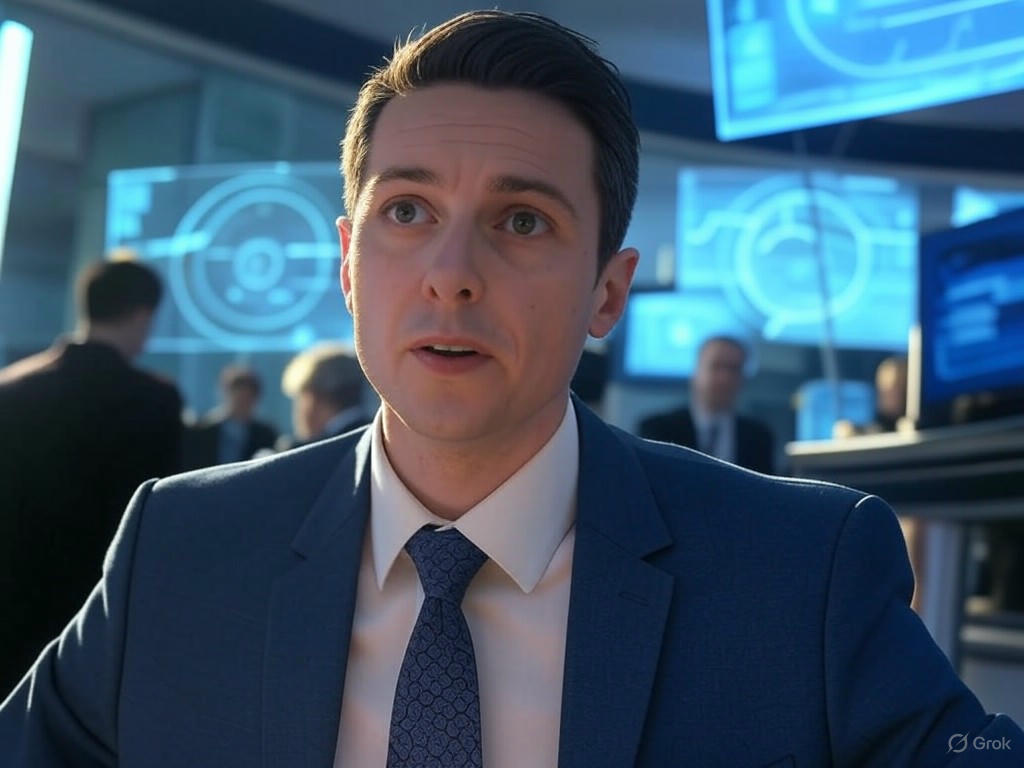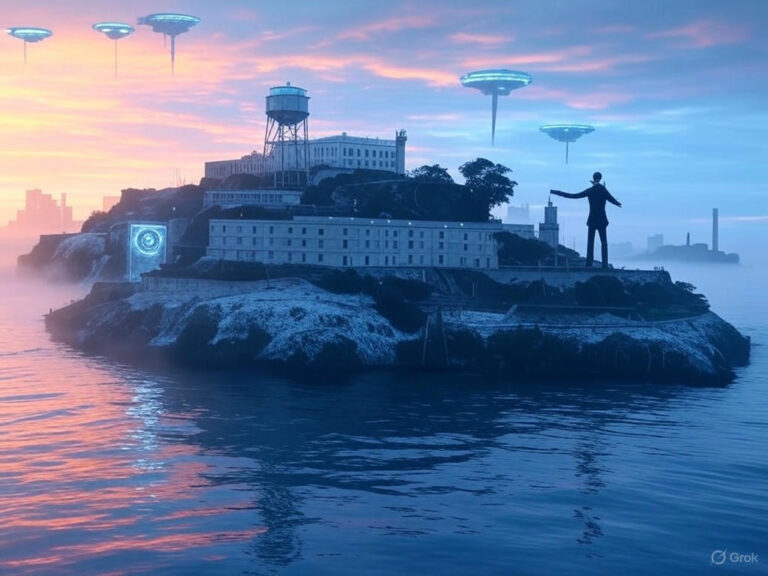
Friedrich Merz Fails Unexpected German Chancellor Election
Breaking: Friedrich Merz Fails to Secure Chancellor Position in Shock First Round Vote
In a twist that has gripped the world of politics, Friedrich Merz, the leader of Germany’s Christian Democratic Union (CDU), has stumbled in his bid for the chancellorship. Despite his party’s strong victory in the February 2025 federal election and a solid coalition deal, Merz missed the mark by six votes during the May 6, 2025, Bundestag ballot. This unexpected outcome in the Friedrich Merz German chancellor vote highlights the unpredictable nature of parliamentary politics, where even favorable odds can falter.
He garnered 310 votes, falling short of the 316 needed for an absolute majority. It’s a rare moment in German history, marking the first time a chancellor candidate has faced this defeat after an election win and coalition formation. As supporters rally and analysts dissect the results, the Friedrich Merz German chancellor vote raises questions about internal party dynamics and voter sentiments.
The Unexpected Parliamentary Defeat in the German Chancellor Vote
Friedrich Merz entered the vote as the clear favorite, backed by a coalition holding 328 seats in the Bundestag. Yet, the reality didn’t align with expectations, turning what should have been a routine confirmation into a headline-grabbing event during the German chancellor vote. Bundestag President Julia Klöckner confirmed the shortfall, adjourning the session amid murmurs of surprise.
The CDU wasted no time responding, pushing for a second round to maintain stability. Could this setback stem from last-minute reservations among coalition members? It’s a question that’s buzzing through political circles, especially in the context of the Friedrich Merz German chancellor vote, where unity proved elusive.
Have you ever wondered how a single vote can shift the balance of power? In Germany’s system, it’s a stark reminder that alliances aren’t always ironclad. For Merz, this defeat feels personal, but it also spotlights broader challenges in modern governance.
Historical Context and Political Implications
This event didn’t emerge in a vacuum; it stems from the unraveling of the previous government in late 2024. Former Chancellor Olaf Scholz’s failed confidence vote paved the way for the snap election in February 2025, which catapulted Merz’s CDU to the forefront. Now, the twists continue to unfold in the wake of the German chancellor vote involving Friedrich Merz.
The coalition with the Social Democratic Party (SPD) seemed rock-solid on paper, making this failure all the more baffling. Picture a chess game where your pieces are perfectly positioned, only for an unexpected move to upend everything—that’s the essence of what happened here. Experts are now probing whether hidden fractures within the alliance played a role, potentially reshaping Germany’s political landscape.
A Personal Disappointment for Merz in the Chancellor Election
For Friedrich Merz, this was more than a political hurdle; it was a direct challenge to his leadership. He had openly expressed confidence, expecting a smooth path after his party’s triumph. But as the votes tallied, it became clear that not everyone shared that optimism in the German chancellor vote.
Analysts speculate that personal styles or policy differences might have influenced abstentions. Imagine leading a team only to find a few key players holding back—what would you do? This scenario adds a human layer to the Friedrich Merz German chancellor vote, reminding us that politics is as much about people as policy.
What Happens Next After the Merz Chancellor Vote Setback?
German law mandates a second vote within two weeks, giving Merz and his allies time to regroup. The CDU is already mobilizing, urging swift action to avoid prolonged uncertainty. This phase could involve intense negotiations, where every conversation might tip the scales in the upcoming Friedrich Merz German chancellor vote.
Possible paths include reinforcing party discipline for a win or even exploring alternative candidates if needed. It’s like a plot twist in a thriller—will Merz rebound, or does this signal deeper issues? For readers following German politics, it’s a fascinating watch.
Potential Scenarios in the Wake of the Vote
Let’s break down what might unfold: A successful second round could see Merz confirmed with tightened support, or extended talks might address underlying concerns. In a worst-case scenario, the CDU could pivot to another leader, though that’s less likely. The Friedrich Merz German chancellor vote offers a real-time lesson in adaptability.
- Successful second ballot: Merz rallies votes through strategic discussions.
- Prolonged negotiations: Coalition partners hash out differences, potentially strengthening the alliance.
- Alternative candidate: If Merz falters again, the party might look elsewhere, though history suggests otherwise.
What are your thoughts on these possibilities? Could this be a turning point for German conservatism?
The German Political Landscape in 2025
The February 2025 election reshaped the Bundestag, reducing its size to 630 members and setting the stage for events like the recent German chancellor vote. This election was triggered by the prior government’s collapse, emphasizing Germany’s mechanisms for handling instability. Merz’s CDU emerged dominant, but sustaining that momentum has proven tougher than anticipated.
With economic pressures mounting, from energy transitions to immigration reforms, timely leadership is crucial. The Friedrich Merz German chancellor vote underscores how electoral reforms and historical processes intersect with current realities, creating a dynamic environment.
The Path to the 2025 Election and Its Link to the Chancellor Vote
The road to February’s vote began with Scholz’s failed confidence motion, leading President Frank-Walter Steinmeier to dissolve parliament. This sequence of events built up to the high-stakes German chancellor vote, where Merz’s aspirations met resistance. It’s a narrative that blends constitutional rules with the human element of politics.
International Reactions to the Merz German Chancellor Vote
News of the vote spread globally, with media outlets analyzing its potential impact on Europe. As Germany’s largest economy, any leadership hiccup draws scrutiny, especially amid challenges like EU relations and economic recovery. The Friedrich Merz German chancellor vote has sparked debates on whether this delay will affect international partnerships.
For instance, allies are watching closely, wondering if Germany’s internal drama could slow progress on shared goals. It’s a reminder that national politics rarely stay contained—what happens in Berlin echoes worldwide.
Historical Precedent in German Politics
Germany’s post-war era has seen stable transitions, with only nine chancellors since 1949. The current situation in the German chancellor vote stands out as unprecedented, yet the system allows for multiple rounds to ensure resolution. Merz was on track to join legends like Angela Merkel, but now faces an extra hurdle.
This historical context adds weight to the Friedrich Merz German chancellor vote, illustrating how rare such setbacks are and why they’re so noteworthy.
Economic and Policy Implications from the Vote
The uncertainty following the vote could rattle markets, given Germany’s role in the EU. Merz’s agenda included boosting the economy and tackling energy issues, but delays might push those plans back. In the Friedrich Merz German chancellor vote, we’re seeing how political stumbles can ripple into everyday life, from job markets to policy decisions.
Consider a business owner awaiting reforms—sudden delays can create hesitation. This event highlights the need for quick resolutions in volatile times.
Conclusion: A Temporary Setback or Deeper Crisis?
As Germany moves forward, the coming days will clarify whether this is just a bump for Merz or a sign of larger rifts. The CDU’s push for a prompt second vote suggests optimism, but only time will tell. Reflecting on the Friedrich Merz German chancellor vote, it’s clear that politics often delivers surprises.
If you’re interested in how this plays out, keep an eye on updates. What does this mean for democracy in action—share your insights in the comments below and explore more on German politics through our related articles.
References
1. Euronews. “Germany’s chancellor hopeful Merz fails to secure majority in first round of Bundestag vote.” Link
2. Politico Europe. “Conservative leader Friedrich Merz fails to be elected German chancellor in first parliamentary vote.” Link
3. YouTube Live Broadcast. “German Parliament Session.” Link
4. Wikipedia. “2025 German federal election.” Link
5. Bundeswahlleiterin. “Bundestag elections 2025.” Link
6. Other sources as referenced in the original material.
7. Additional media coverage, such as YouTube discussions on German politics.







